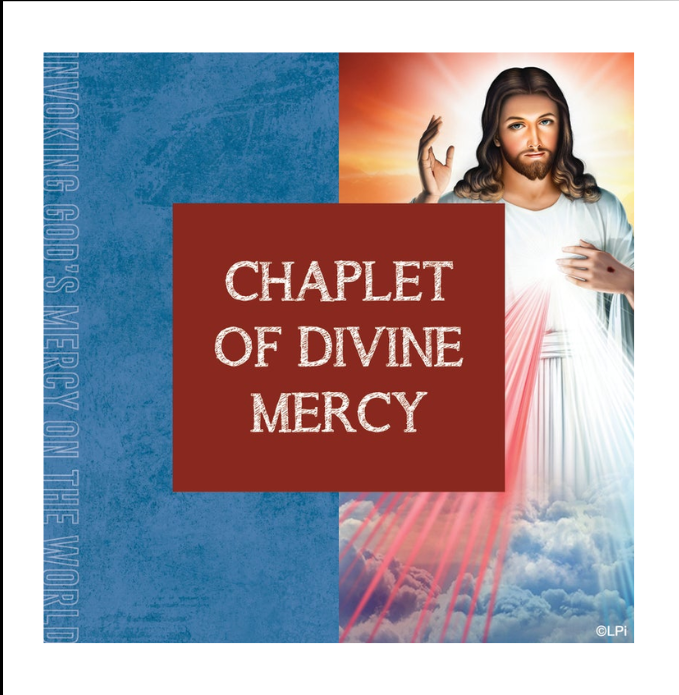The Healing Power of God
Saint Blaise was the Bishop of Sebaste in Armenia (modern Turkey) around 1,700 years ago. There are many versions of his life but he is best known for healing the sick – even animals would come to him to be cured.
Some biographers tell of how Saint Blaise left Sebaste to escape Roman persecution. He made his home in a mountain cave and lived there until he was found, brought back to Sebaste and arrested.
On his way to prison, Saint Blaise met a mother whose son was choking to death on a fish bone. He cured the boy and to show her gratitude, the mother brought candles to light his prison cell. In another version of the story, Saint Blaise met a woman whose pig had been taken by a wolf. He commanded the wolf to return the pig and it was this woman who brought the candles for his cell.
In prison, Saint Blaise was ordered to renounce his faith. He refused so was beaten with wool combs and beheaded (+316 AD). After his death, he was made a saint and has become the patron saint of wool combers, wild animals, candle makers, and ailments of the throat.
Blaise’s cult spread quickly throughout Christian World. He was venerated as the patron of sufferers from throat diseases in the East by the 6th century and in the West by the 9th century. His feast day has been celebrated on February 3. One of the traditions associated with St. Blaise is the blessing of throats practiced and celebrated on his feast day. It is a ceremony of healing and asking the Saint for his strength and protection.
In short, we are not certain to which extent the Blaise’s biographers were accurate. But biographical details are not essential. Blaise is seen as one more example of the power those have who give themselves entirely to Jesus. As Jesus told his apostles at the Last Supper, “If you remain in me and my words remain in you, ask for whatever you want and it will be done for you” (John 15:7). With faith we can follow the lead of the Church in asking for Blaise’s healing and protection.
We continue the tradition of Saint Blaise at St. Martin of Tours parish. The blessing of throats is celebrated At all Masses this weekend. Please join us for the blessing and believe in the healing power of God.










